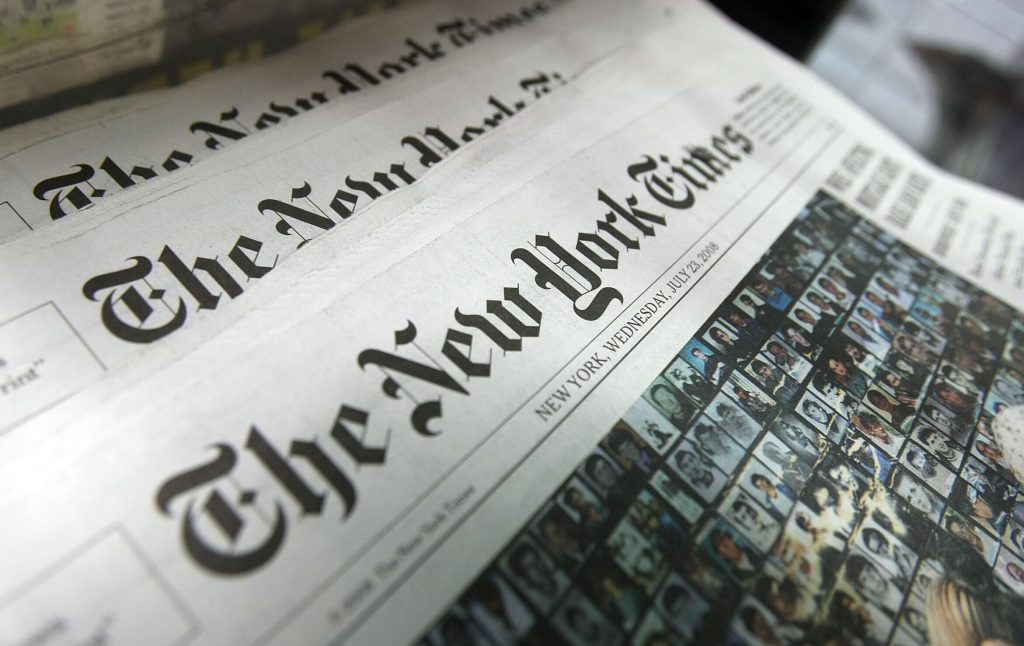
In nowadays society, advertisement is not only a tool for product promotion, but also a force for shaping culture and guiding needs. Through careful design, modern advertisements not only satisfy people’s basic needs, but also continuously stimulate new needs, and even lead people to become dissatisfied with materials and experiences, thus promoting the spread of consumerist culture (Charly, 2015).

From Satisfying Needs to Creating Desires
In the past, advertisements focused more on the satisfaction of basic needs (e.g. food, clothing, housing and transportation), while today’s advertisements not only emphasise satisfaction, but also guide people to pursue higher-level needs, such as identity, status, social recognition and self-realisation.
By deliberately emphasising the inadequacy of the status quote, the advert evokes the desire for a better life. For example, ‘Your mobile phone doesn’t take clear enough pictures, your car isn’t smart enough, your clothes aren’t stylish enough’.
However, that’s the media manufacturing consent.

In Manufacturing Consent: The Political Economy of Mass Media, Noam Chomsky and Edward S. Herman propose a model of the system, the ‘filter’. The book explains that Western mainstream media control public opinion through specific mechanisms, such as advertising and narratives, which consolidate power structures and capital interests.
In Chomsky’s theory, consent is not naturally occurring, but is deliberately created through media and propaganda strategies.
The role of the mainstream mass media is not merely to report the facts, but to act as a propaganda tool, serving the interests of the State, the power elite and big capital. Thus, advertising and cultural products ‘create demand’, mostly in order to direct people’s desire for consumption and lifestyles, thereby maximising the interests of capital.

Whose consensus is being manufactured?
According to Chomsky’s analysis, there are two main target groups: the political class and the general public. The political class accounts for 20% of the population and includes policy makers, business executives and academics. They hold the power, and through media advertisements this group of people is made to agree with mainstream policies to achieve market economic freedom. While the other 80% of the population are consumers.
How to overcome media-created consensus?
In the present highly informative and entertaining society, ordinary people are more easily guided, but it is equally possible to resist the monolithic nature of elite narratives, emphasise the social value of pluralistic co-existence, and rebuild independent critical thinking through public discussion and action.
REFERENCE:
Herman, E. S., Chomsky, N. (2010). Manufacturing Consent: The Political Economy of the Mass Media. United Kingdom: Random House.
Jaffe, C. (2015). How advertising has become an agent of social change. [online] Medium. Available at: https://medium.com/@moonstorming/how-advertising-has-become-an-agent-of-social-change-148aa0ef303a [Accessed 18 Nov. 2024].


Chomsky’s theory provides a powerful framework for criticizing capitalism and modern media. He reveals the close connection between advertising and consumerism, emphasizing that consumption is not only an economic behavior, but also a cultural construction process. By penetrating every aspect of life, advertising links personal identity with material consumption. This mechanism drives the never-ending quest for a “better life,” but may overlook the intrinsic sources of happiness and fulfillment.
I think it’s very important today to resist the consensus that’s being created. Chomsky’s theory also reminds us that it is especially important to maintain critical thinking and independent judgment. Ordinary people can resist the domination of a single narrative by diversifying information sources, participating in public discussions, and supporting independent media. At the same time, the education system needs to pay more attention to developing the ability to critically interpret information to help people identify manipulation in an age of information overload and avoid being trapped by consumerism. It resonates!
Your article provides an insightful analysis of the role of modern advertising in shaping consumer behaviour and culture, using the framework of “manufacturing consent” by Chomsky and Herman. Your emphasis on the transition from satisfying basic needs to creating desires captures the complexity of advertising’s evolution as a cultural tool. How advertising evokes dissatisfaction with the status quo, for example by promoting “better” products, echoes the dynamics of consumerism you discuss.
The connection to Chomsky’s theory provides a broader perspective, viewing advertising not only as a commercial activity but also as a mechanism that supports systemic power structures. Your segmentation of political elites and the general public illuminates how advertising serves different purposes for these audiences.
I really like your call to break the consensus created by the media. This section could be further strengthened by citing some specific examples of public discussions or campaigns that have successfully resisted the elite narrative. Overall, this is a well-argued and insightful paper that explores the cultural and political impact of advertising!